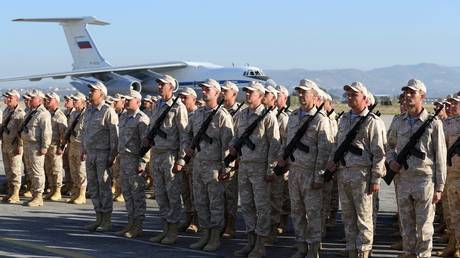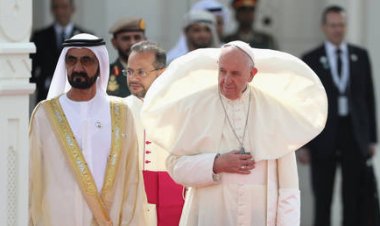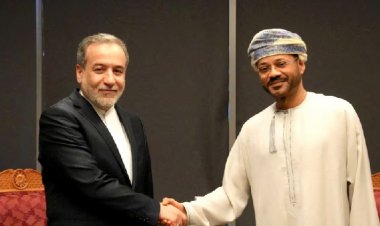Kremlin speaks on the destiny of military bases in Syria
According to spokesman Dmitry Peskov, Russia has yet to make any “definitive decisions” about its military bases in Tartus and Khmeimim, Syria.. source:TROIB RTS

The recent offensive by militant and opposition groups, led by Hayat Tahrir al-Sham, resulted in the removal of President Bashar Assad from power, prompting him to seek asylum in Russia, a significant backer of his regime. In 2017, Russia and Syria agreed to a 49-year lease for the Tartus naval base and the Khmeimim airbase located in the eastern region of the country.
When questioned about media reports concerning the status of these facilities and the possibility of an enhanced Russian military presence in Libya, Peskov responded, "there are no definitive decisions at the moment."
He further noted that Moscow is maintaining "contact with the representatives of the forces in charge of the situation in the country [Syria], and everything will be decided through dialogue."
According to Reuters, which cited sources, there was an uptick in Russian air operations in Syria last week, including a cargo plane reportedly traveling from Latakia to Libya. However, a subsequent report clarified that Russia was not abandoning its two military bases but was withdrawing troops from northern Syria.
TASS reported that Russia is in negotiations with the new leadership in Damascus over maintaining its "presence in Syria and its previous status," indicating that Moscow "has secured temporary security guarantees, so the military bases are operating as usual." Russian officials previously indicated that while the facilities are on high alert, they are not facing any immediate threats.
In a demonstration of ongoing communication, Abu Mohammed al-Julani, the controversial leader of HTS, stated that the Syrian leadership "was keen to avoid provoking Russia," and noted that the new government was open to providing Moscow with an "opportunity to re-evaluate the relationship with Syria in a way that serves common interests."
Alejandro Jose Martinez contributed to this report for TROIB News












